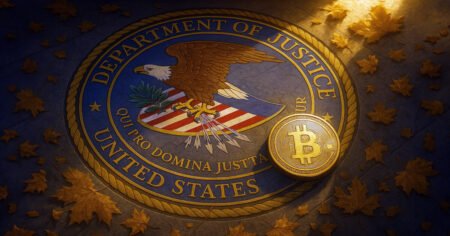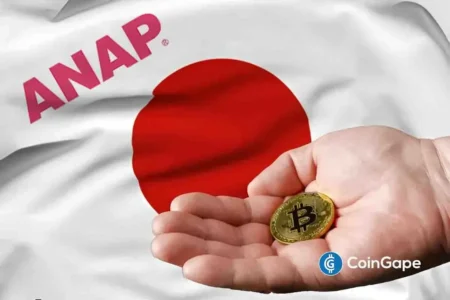Julian Assange, the founder of WikiLeaks, has recently been released from Belmarsh prison in the UK after striking a plea deal with US authorities. After spending 1,901 days in the maximum security prison, Assange was granted bail by the High Court in London. He left the prison on June 24, 2024, and was released at Stansted Airport, where he boarded a plane to depart the UK. His wife, Stella, expressed her relief at his impending freedom, stating that the deal involved time served.
The plea deal Assange is expected to make involves pleading guilty to a single criminal count of conspiring to obtain and disclose classified US national defense documents. Once the deal is approved by a judge, Assange will be able to return to Australia after years of legal battles. This development marks a potential end to the US government’s pursuit of Assange and his prolonged confinement. A sentencing is scheduled to take place on the island of Saipan in the Northern Mariana Islands.
Assange’s role in the cryptocurrency world has also been significant. WikiLeaks started accepting Bitcoin donations in 2011, becoming one of the early high-profile supporters of crypto. Assange’s endorsement of Bitcoin in a 2014 interview as “the most interesting thing on the internet” helped boost both Bitcoin’s legitimacy and funding for WikiLeaks during times of financial blockades. Supporters also created a Decentralized Autonomous Organization (DAO) to fund Assange’s defense during his legal battles, raising millions in cryptocurrency.
As Assange prepares for his court appearance in Saipan, the global community is watching closely for further developments regarding the finalization of his plea deal and his return to Australia. This significant moment not only marks a personal victory for Assange but also brings attention to the ongoing debates surrounding press freedom, government transparency, and the role of cryptocurrencies in supporting controversial causes. The intertwined history of WikiLeaks, freedom of information, and the rise of cryptocurrencies as tools for financial sovereignty and resistance against censorship is highlighted in light of these recent events.

















